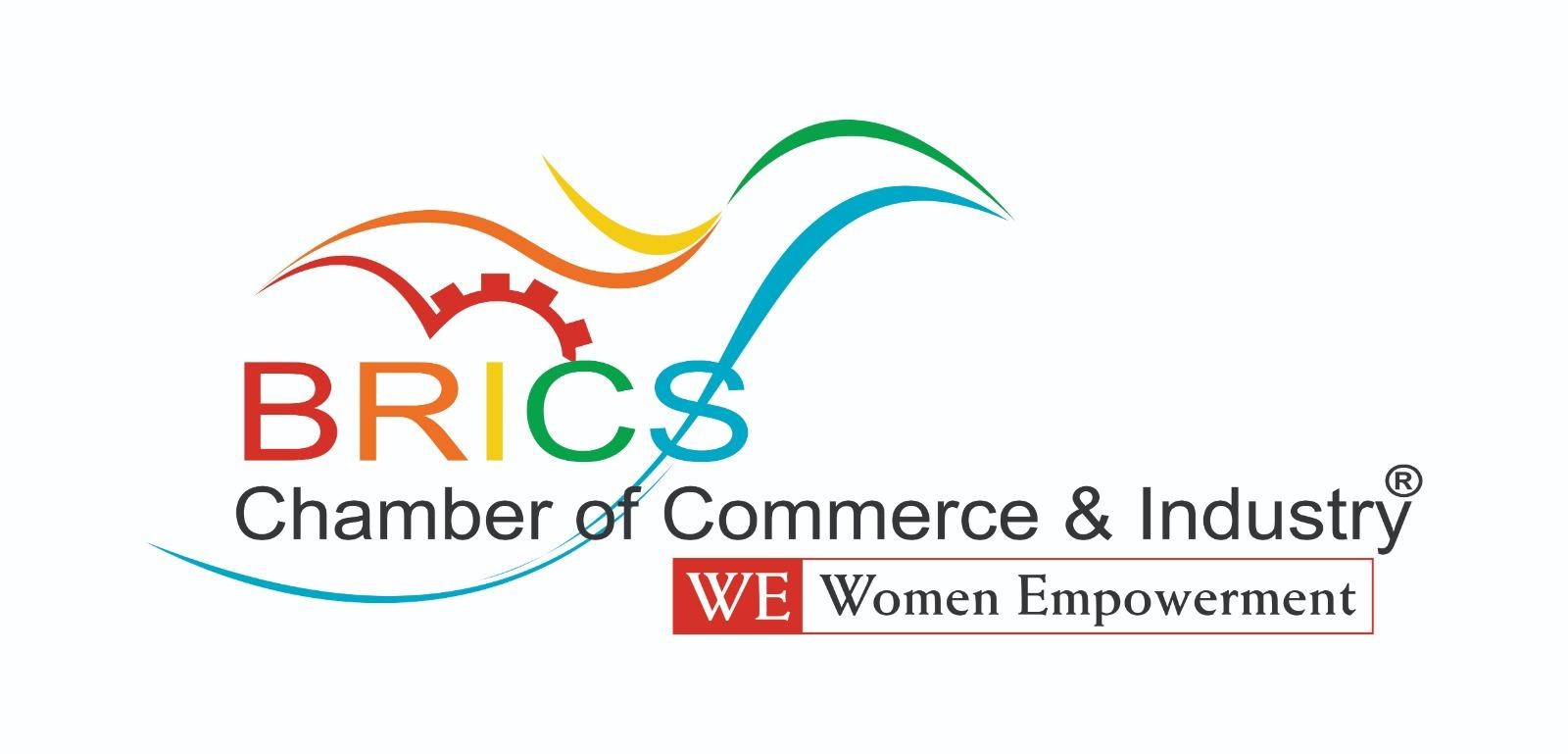[ad_1]
Skift Take
Consulting firms were supposed to be the ones cutting back on travel, mostly to reduce carbon emissions. But not if that gets in the way of doing business it seems.
Corporate travel at global giant Tata Consultancy Services is on track to return to 2019 levels, despite predictions that the professional services sector would never recover due to company pledges to reduce carbon footprints.
But the company, with its 600,000-plus employees spread across 55 countries, saw an almost five-fold increase in spending on travel for its most recent quarter compared to a year ago.
The figures don’t align with predictions that international consulting firms would be forced to curb flying as rivals including EY and Bain target drastic emission cuts linked to business travel.
Sharp Increase
Tata Consultancy Services, which is part of India’s largest multinational business, the Tata group, spent $33 million on travel related to selling, general and administrative expenses during the three months to Dec. 31, 2022, which equates to its 2023 third quarter, it revealed this week. In the three months to Dec. 31, 2021 the amount was $7 million. The $33 million is also way ahead of the $11 million spent in the previous second quarter.
In the three months to Dec. 31, 2019, prior to global lockdowns, it spent $36 million on travel.
“As normalcy continues to get through, we would expect travel costs to continue to increase,” said chief financial officer Samir Seksaria during an earnings call Monday when quizzed over how normal the organization was in terms of business travel.
“As things open up more on sales-related costs, as well as team building exercises and team meetings happening, that cost is increasing. We’re seeing it going back to what it was pre-pandemic,” he added.
The Global Business Travel Association’s latest GBTA Business Travel Index predicts the professional services and consulting sectors will experience compound annual growth rate of 18 percent across the period 2021 to 2026, and be among the more resilient industries regarding corporate travel.
“The importance of connecting with clients face to face is widely recognised. As a client-facing industry, consultants are therefore likely to be on the road as a critical factor in fostering relationships and successfully serving their customers and teams,” said Suzanne Neufang, CEO of the Global Business Travel Association.
Switching Off Zoom
A lot can change in two years. In October 2020, Natarajan Chandrasekaran, chairman of Tata Sons, said he used to fly from India to the U.S. to pitch a $50,000 project, but during the pandemic his consultancy closed $2 billion worth of deals in “five or six Zoom calls.”
But since then the competitive landscape has changed, according to one business travel expert.
“For industries like consulting, the fee models have moved heavily to value delivery linked fees,” said Mayank Kukreja, founder and CEO of India-based corporate travel agency Itilite. “Delivering value had become harder in a remote environment, so consulting companies are pushing for in-person meetings not just with clients but within their internal teams.”
And at this point in time, travel volumes are varying depending on the industry vertical the consulting firm works in.
“Professional services firms are somewhat dictated by their own clients’ requirements,” added Mark O’Brien, managing partner at Avenue5 Consulting. “For example they may have a major global project for a technology company that requires a large volume of travel, even though that technology firm for its own people may be operating a business critical only travel policy.”
Another factor is remote work, with savings on office costs now funnelled to other functions. “We are seeing increased data on workplace budgets being reduced on expiring leases or not taking options up for increased space,” O’Brien added. “A percentage of savings to workplace budgets are increasingly being allocated to travel.”
The Race to Net Zero
Overall he said that he had noticed travel increasing for sectors such as life sciences, pharmaceutical and energy, but not for most IT and professional services firms.
Consulting companies like EY and Bain in particular have been vocal in their drive to reduce greenhouse gas emissions. EY aims to achieve a 35 percent reduction in business travel emissions by 2025, compared to its 2019 baseline. At the end of 2021, Karen Hutchings, EY’s global head of travel, meetings and events, said her teams didn’t want travel to return to pre-pandemic levels of travel because they wanted to support carbon reduction targets.
Bain has also revealed plans to cut travel emissions per employee by 35 percent over the next five years.
[ad_2]
Source link








